5 signs you have too much stuff in your attic – 'when your storage space is overloaded, your brain has to work extra hard'
Don't ignore these red flags, organizational experts urge

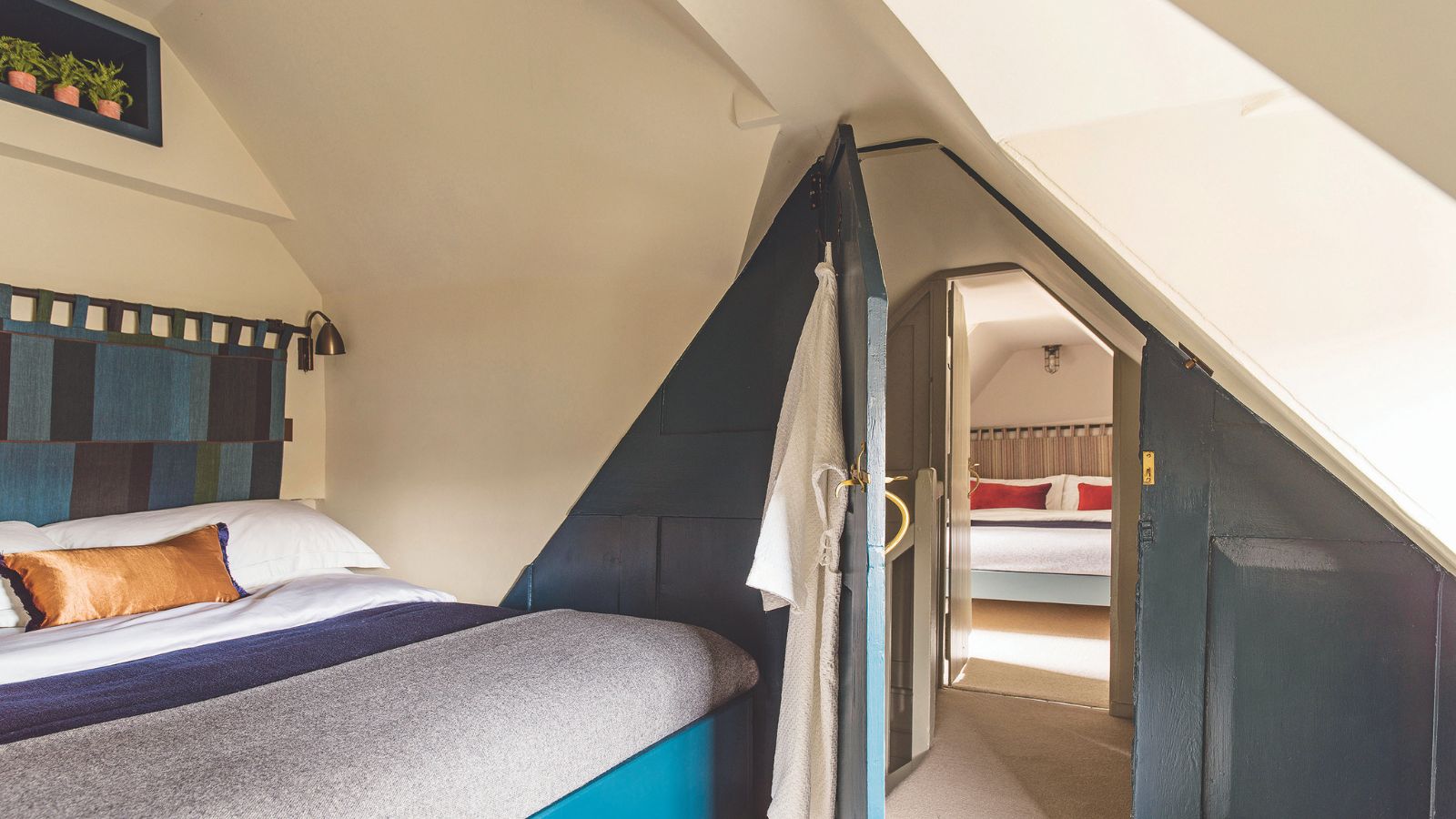
Design expertise in your inbox – from inspiring decorating ideas and beautiful celebrity homes to practical gardening advice and shopping round-ups.
You are now subscribed
Your newsletter sign-up was successful
Want to add more newsletters?

Twice a week
Homes&Gardens
The ultimate interior design resource from the world's leading experts - discover inspiring decorating ideas, color scheming know-how, garden inspiration and shopping expertise.

Once a week
In The Loop from Next In Design
Members of the Next in Design Circle will receive In the Loop, our weekly email filled with trade news, names to know and spotlight moments. Together we’re building a brighter design future.

Twice a week
Cucina
Whether you’re passionate about hosting exquisite dinners, experimenting with culinary trends, or perfecting your kitchen's design with timeless elegance and innovative functionality, this newsletter is here to inspire
Struggling for storage space? Your attic is often the answer, but it's still important to ensure you're not overloading it.
In fact, say professional organizers, from struggling to find what you're looking for to storing things you forgot you even owned, there are five key signs that you might have too much stuff in your attic, and need to declutter as soon as possible.
Here, they share the indicators to look out for in your attic storage ideas, and explain exactly why they pose a problem.
5 signs you have too much stuff in your attic
1. You can never find what you're looking for
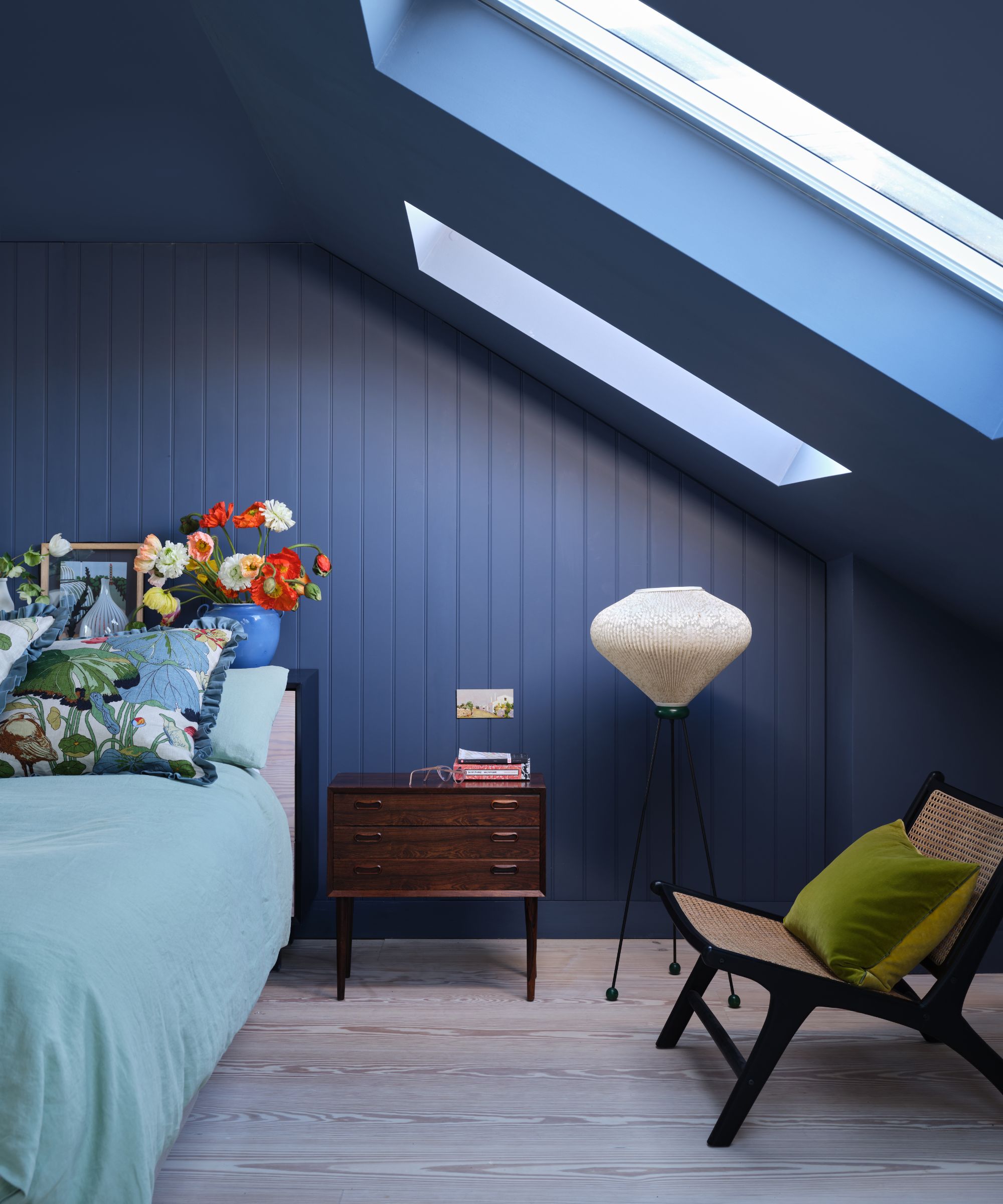
You might find yourself regularly struggling to find what you're looking for if your attic is poorly organized. Having a clear space, such as above will unlock efficiency
First things first, and most importantly, if you can never actually find what you're looking for, it's a surefire sign that you have too much stuff in your attic.
It is one of the main signs I noticed that finally forced me to declutter my parents' hectic attic.
As Di Ter Avest, professional organizer and founder of Diisorganized, says, 'If digging through your attic feels like going on a frustrating treasure hunt every time, that's a red flag.
'When your storage space is overloaded, your brain has to work extra hard to remember where things are – or if they even exist. That adds to your mental load, especially if you're already juggling a million things.
Design expertise in your inbox – from inspiring decorating ideas and beautiful celebrity homes to practical gardening advice and shopping round-ups.
'Constantly searching creates stress and eats up time you could spend doing something joyful or relaxing. A well-edited attic makes seasonal decorating, memory-keeping, and storage feel supportive, not chaotic.'
Plus, it will make it easier to organize a big attic, and even ace your storage in a small attic, too.
Tracy McCubbin, founder and CEO of dClutterfly, agrees with Di, adding, 'If it takes you more than ten minutes to find the box or bin you are looking for up in your attic, there is too much stuff up there!
'Take this as a sign that it's time to declutter your attic.'
2. You're storing things you forgot you even owned
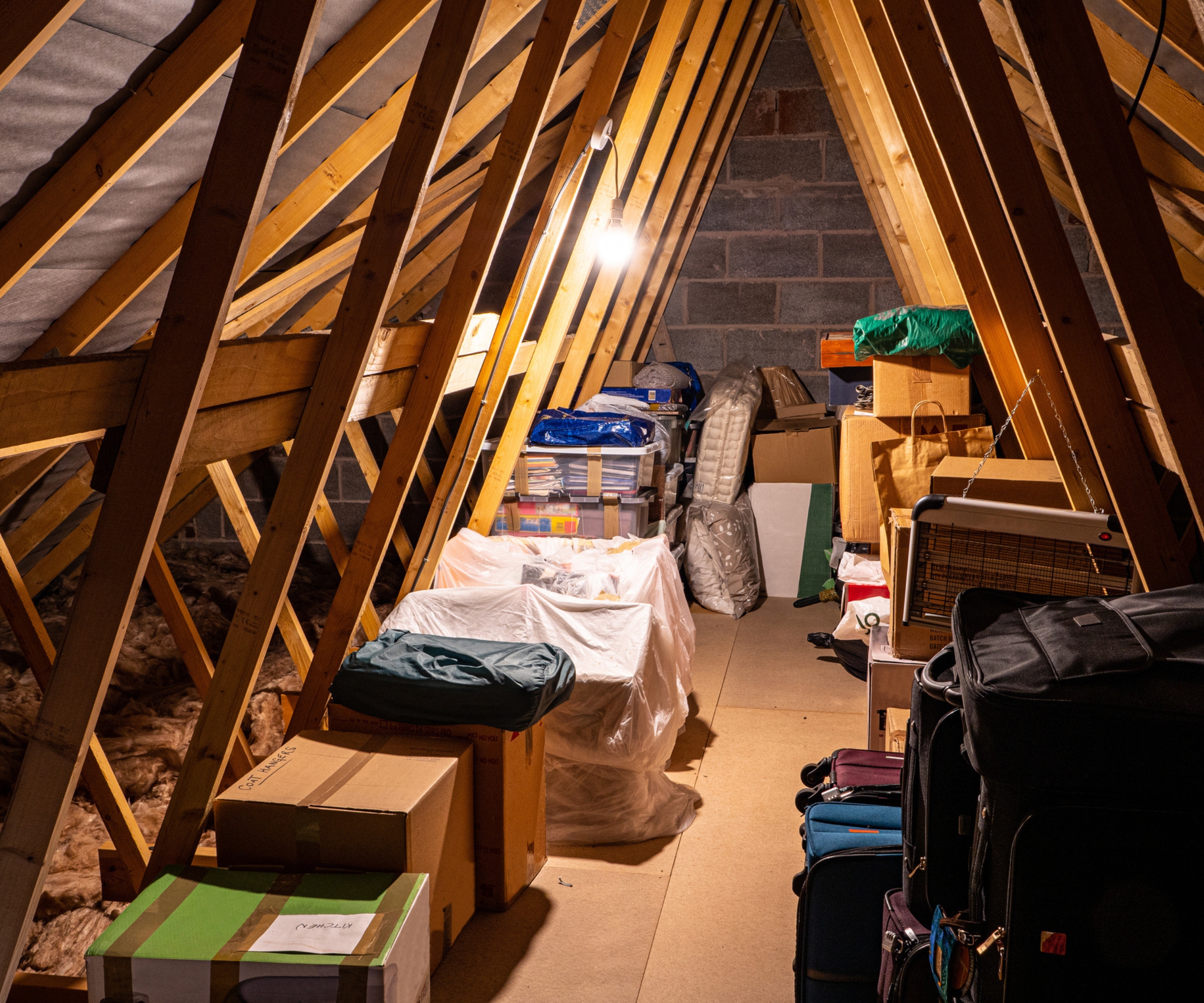
If your attic looks a little like this, it's likely that there are plenty of items up there that you've completely forgotten about.
In that same vein, if you have too much stuff in your attic, you might find you're storing things you have forgotten you even owned, effectively meaning you are 'paying rent' for stuff you don't need.
'If opening a box feels like uncovering a time capsule of items you didn't even know you had, that's your attic telling you it's time to edit,' she explains. 'Forgotten stuff equals unused stuff, which equals mental weight.
'Keeping things "just in case" or out of guilt clutters not only your home but your mind. It's best to keep what supports the life you're living now – not the one you lived 10 years ago. When your attic is full of the past, it makes it harder to stay present and live lighter.'
If this a problem you've found yourself encountering, why not try using the 'Didn't Know' decluttering method to purge items you've long forgotten about, which is a clever way to be more ruthless when decluttering.
You can also delve into how to let go of things your 'fantasy self' longs to hold on to.
3. You have pests
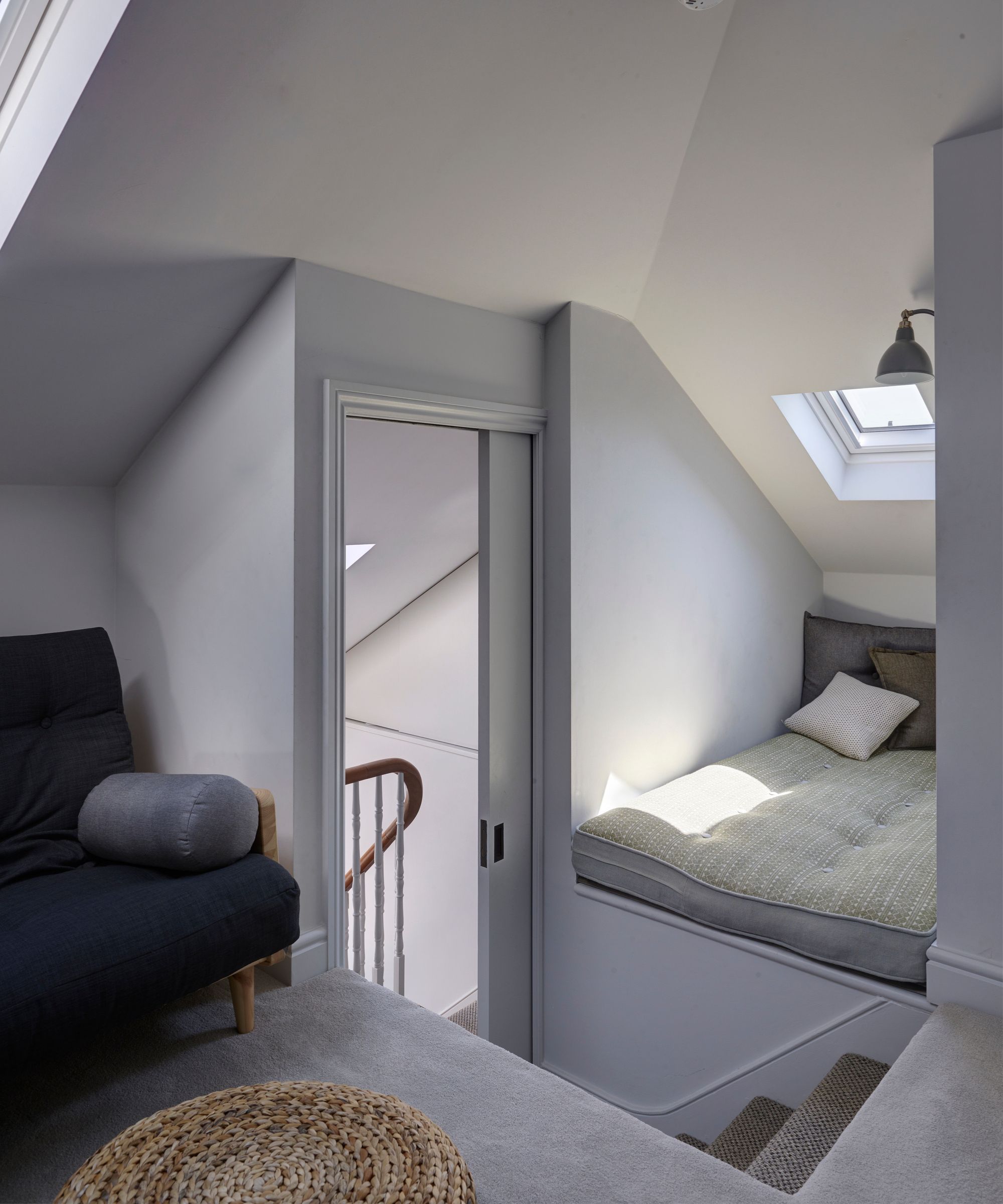
An uncluttered attic space can also double up as a spare bedroom or seating area.
You might not be aware, but there are plenty of pests that could be making a home in your attic space, and it's a clear indicator that you have too much stuff, and potentially, bigger problems up there.
'Vermin loves nothing more than to make a happy nest in old paper, old cardboard, and old clothes,' warns Tracy. 'Keeping your attic organized, decluttered, and using proper storage containers will help keep the pests away.'
We recommend using sturdy plastic storage bins with lids for this, such as the bestselling LocknLock Storage Container available at QVC.
This should help to get rid of rodents in the attic, get rid of birds in an attic, and even squirrel-proof a home, as it doesn't allow easy access to cozy hiding places.
4. You're storing things that belong elsewhere
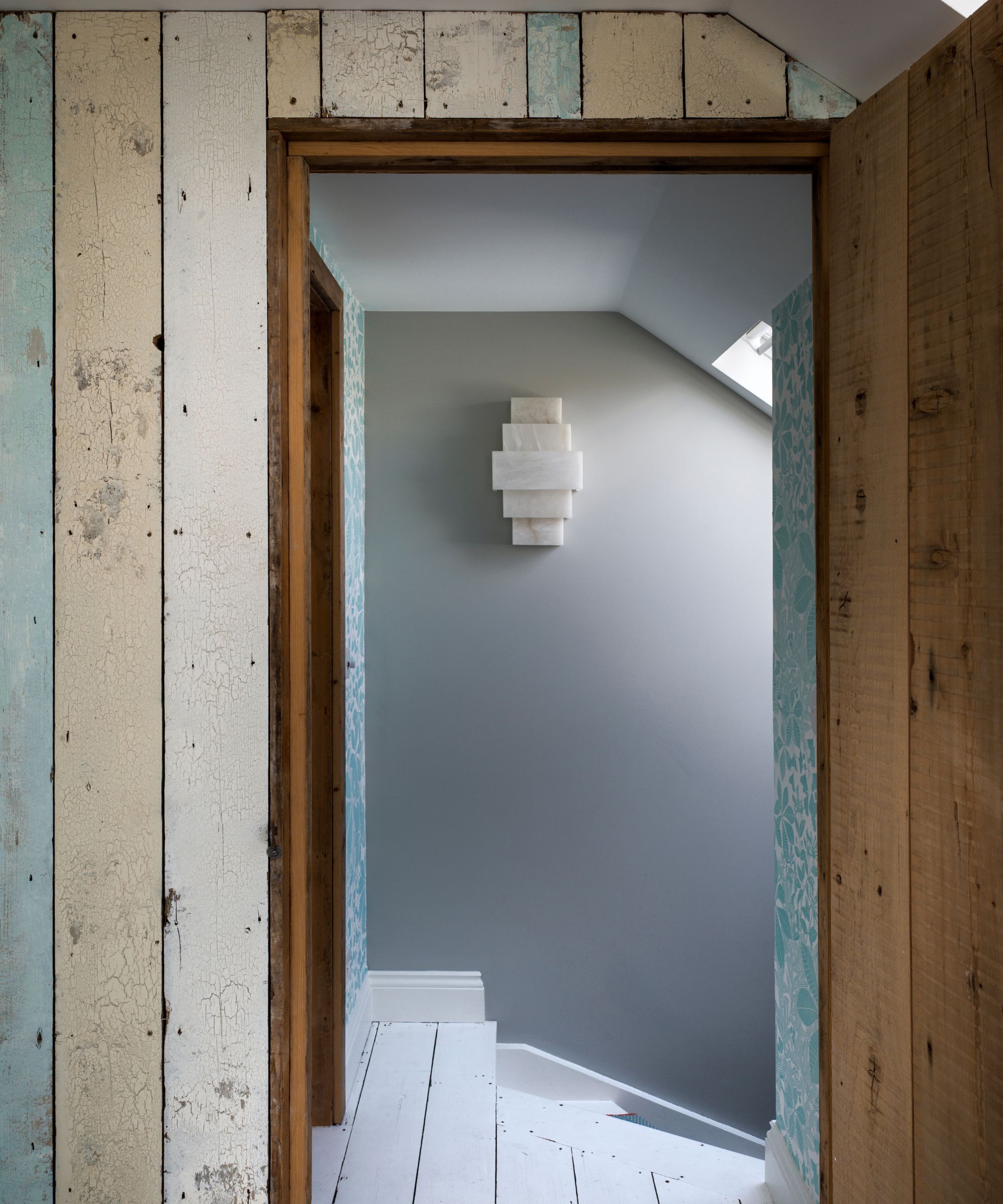
Don't avoid decision-making by storing items to deal with later in your attic.
As Di says, attics often become dumping ground for things we don't want to deal with, like decluttered items to donate or sell, boxes that should have gone to someone else, or stuff that actually belongs in your garage or basement.
But, she warns, 'When we use the attic to avoid decision-making, it builds up emotional clutter, too.
'You should focus on setting boundaries with your home so it doesn't become a storage unit for other people's stuff – or your own "someday piles."'
5. You feel 'heavy' after being in there
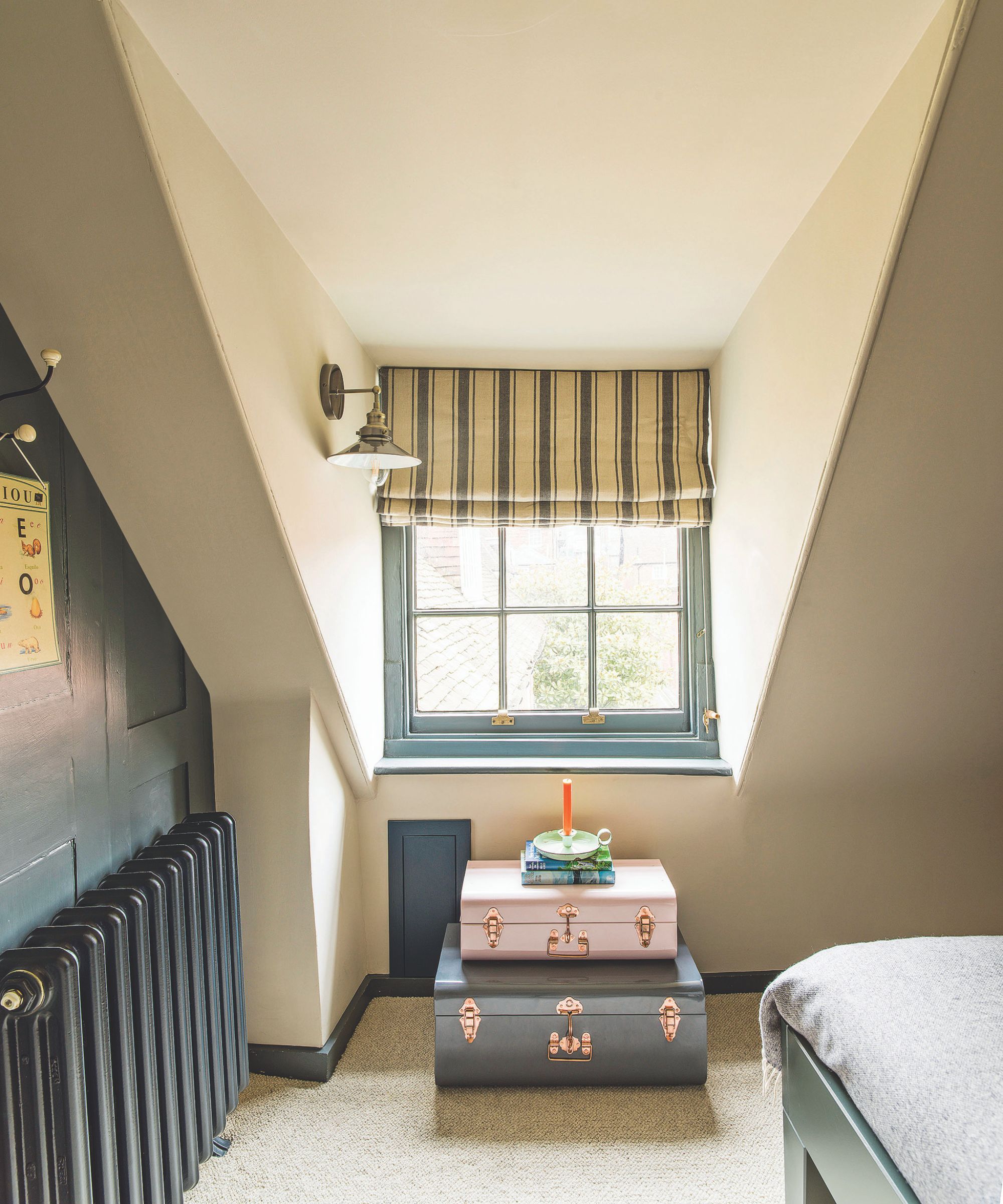
If you're attic is sapping your energy, there's too much stuff in it.
This one's more about your energy, and the surprising ways your home could be making you tired.
'If being in your attic leaves you feeling drained, irritable, or even a little sad, take that seriously,' advises Di. 'Cluttered environments have been linked to anxiety and low mood.
'And, even though attics are out of sight, the brain still registers them as part of your environment. Clearing out physical clutter often brings surprising emotional lightness – that's the power of aligning your space with your well-being.'
After all, experts all agree on the bountiful benefits of a tidy home and why the visual clutter of open storage can be stressful.
What to shop
All prices were correct at the time of publication.
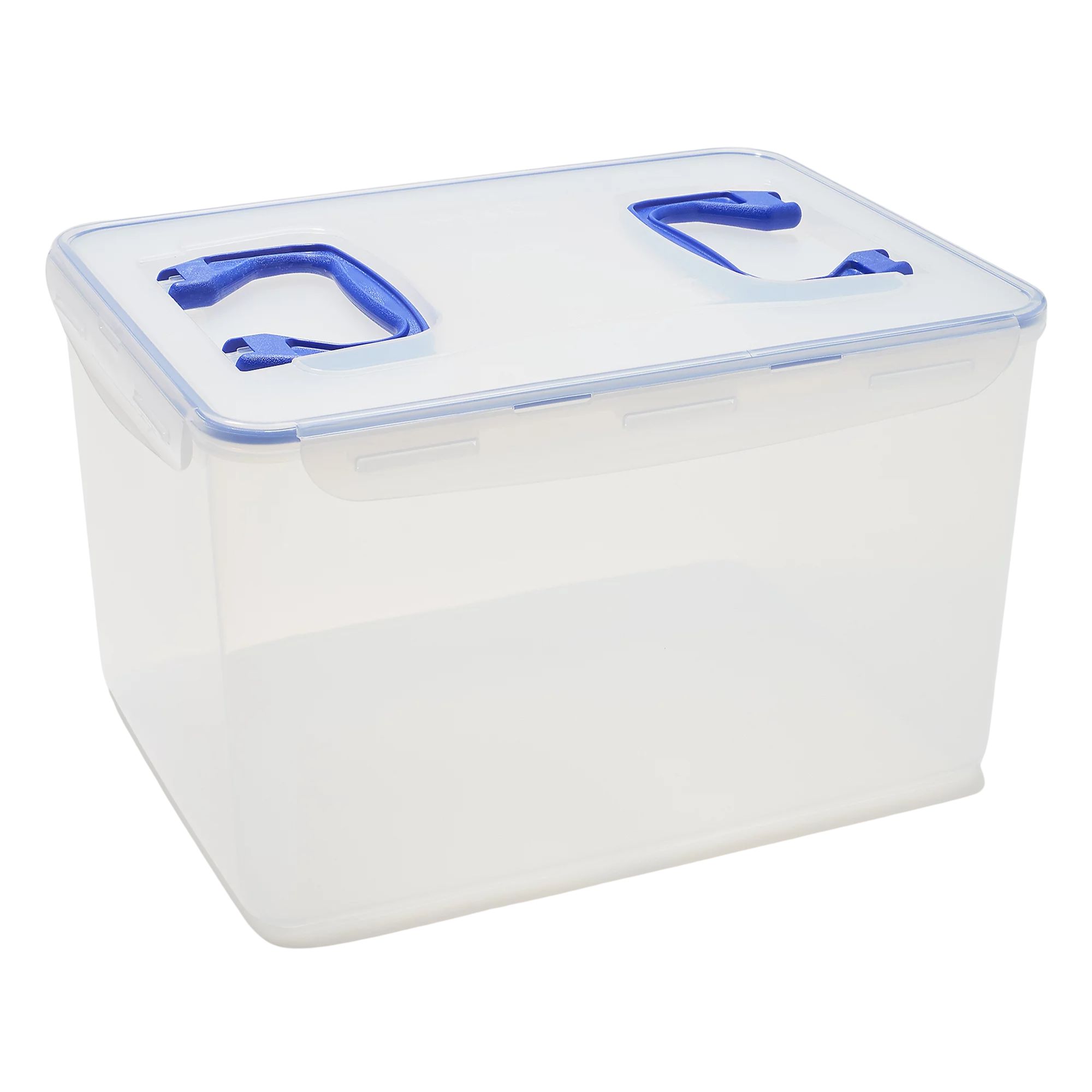
This storage box is both air and water-tight, with a BPA-free plastic construction and handled lid for easy portability.
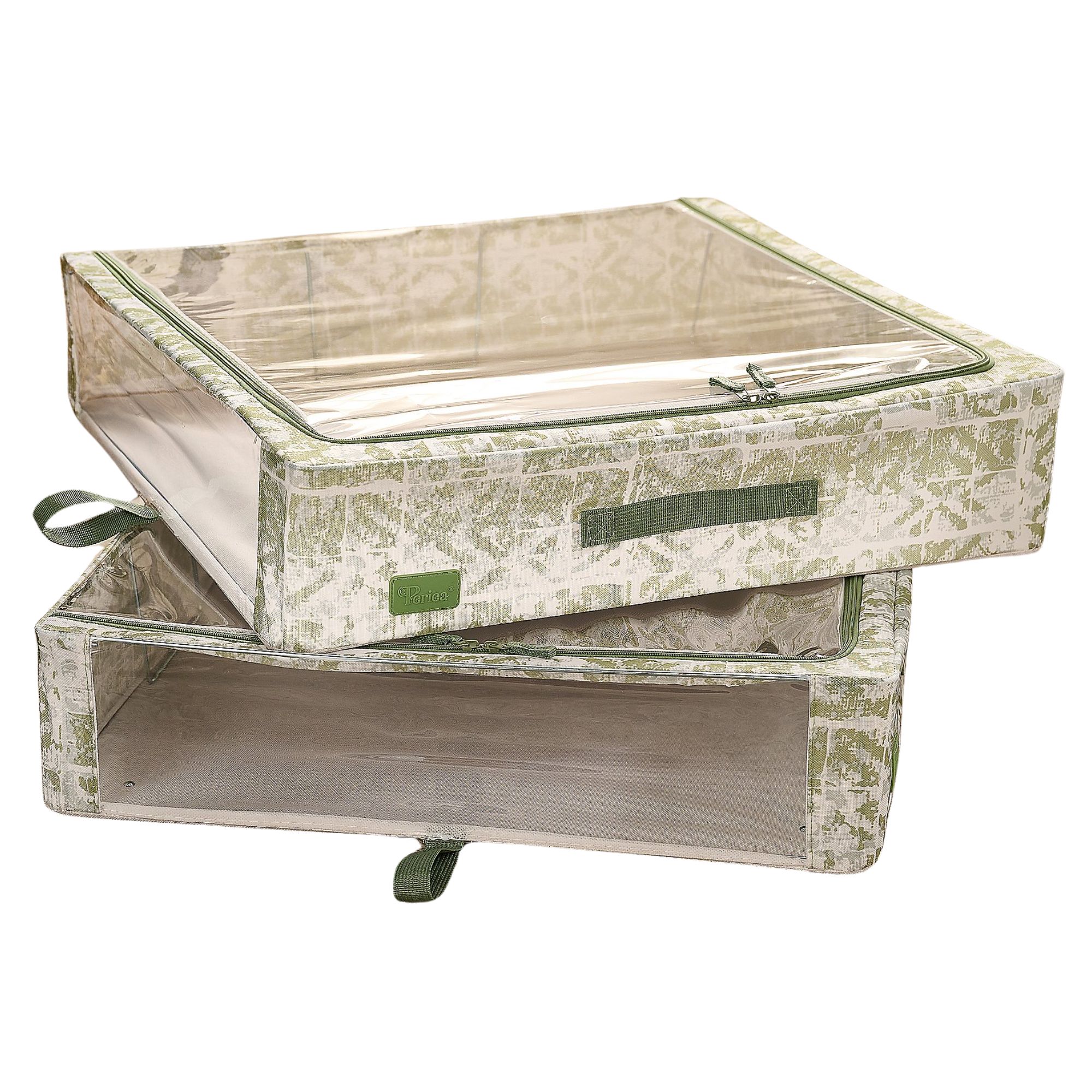
These slim boxes are ideal for underbed storage, with a heavy-duty front handle and metal rods for support. Viewing windows make it easy to find the box you need quickly.
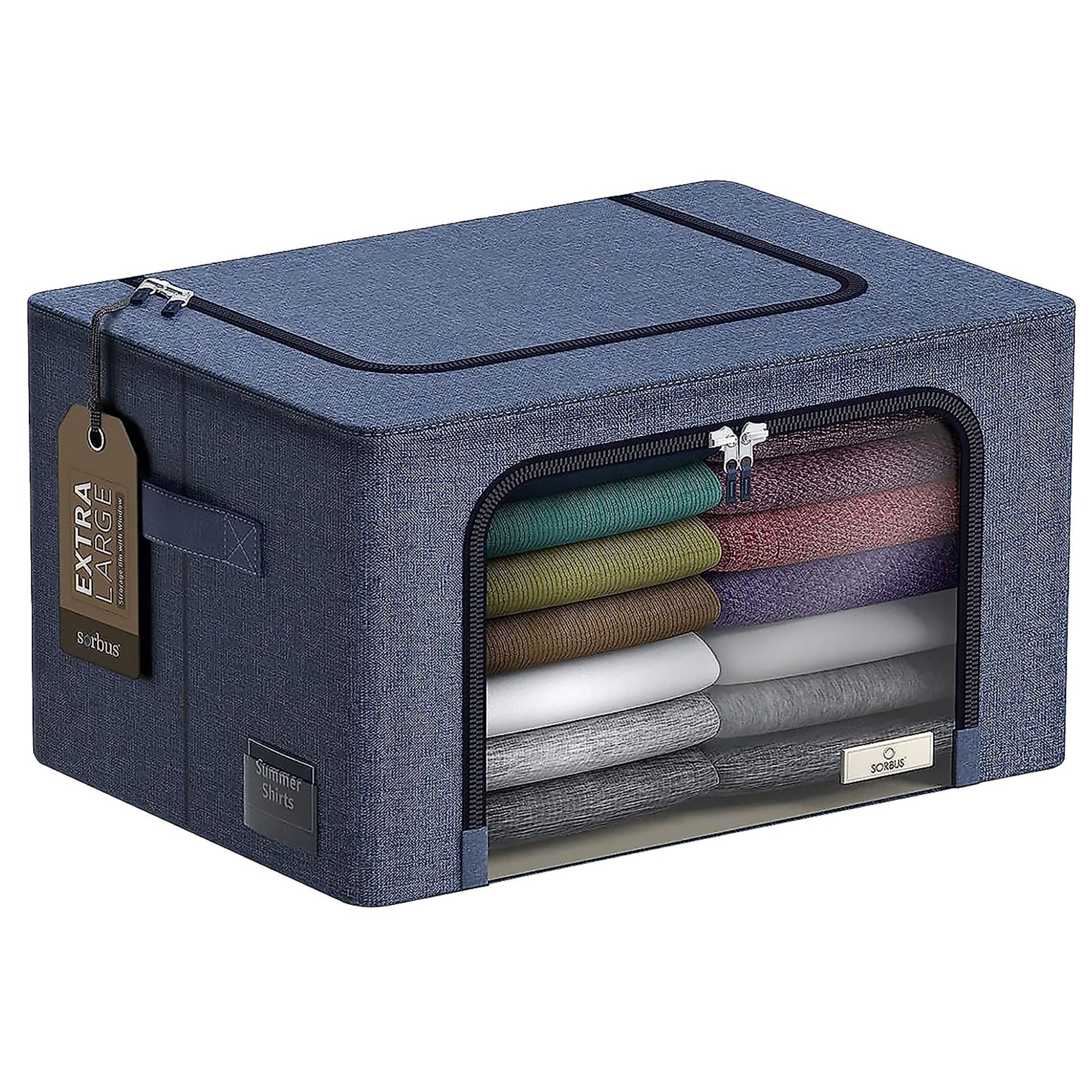
This clever storage bin features a clear panel to quickly view the contents at a glance, with a zippered flap door and sturdy metal wire frame.
Meet our experts

Di has helped hundreds of clients rethink their relationship with clutter in all spaces around the home, from kitchens and bathrooms to living rooms and attics.

Tracy has been professionally decluttering and organizing for almost 20 years, providing hands-on experience to her clients and helping them cut clutter for good.
'When your attic is overflowing, it's not just a home project, it's a signal,' advises Di. 'With some focused decluttering and a mindset shift, it can become a space that works with you instead of weighing you down.
'And the best part? You'll feel the difference not just in your attic, but in your energy, mood, and even your health. That's the magic of organizing yourself healthy.'
Do you know about the items you should never store in your attic?

Ottilie joined Homes & Gardens in 2024 as the News Writer on Solved, after finishing a Master's in Magazine Journalism at City, University of London. Now, as the Sleep Editor, she spends her days hunting deals and producing content on all things sleep – from mattresses and sheets to protectors and pillows, all of which she tests in her own home. She also has particular expertise in home fragrance, covering everything from candles to reed diffusers.
Previously, she has written for Livingetc and Motorsport Magazine, and also has a Master's degree in English Literature and History of Art from the University of Edinburgh, where she developed a love for inspiring interiors and architecture.